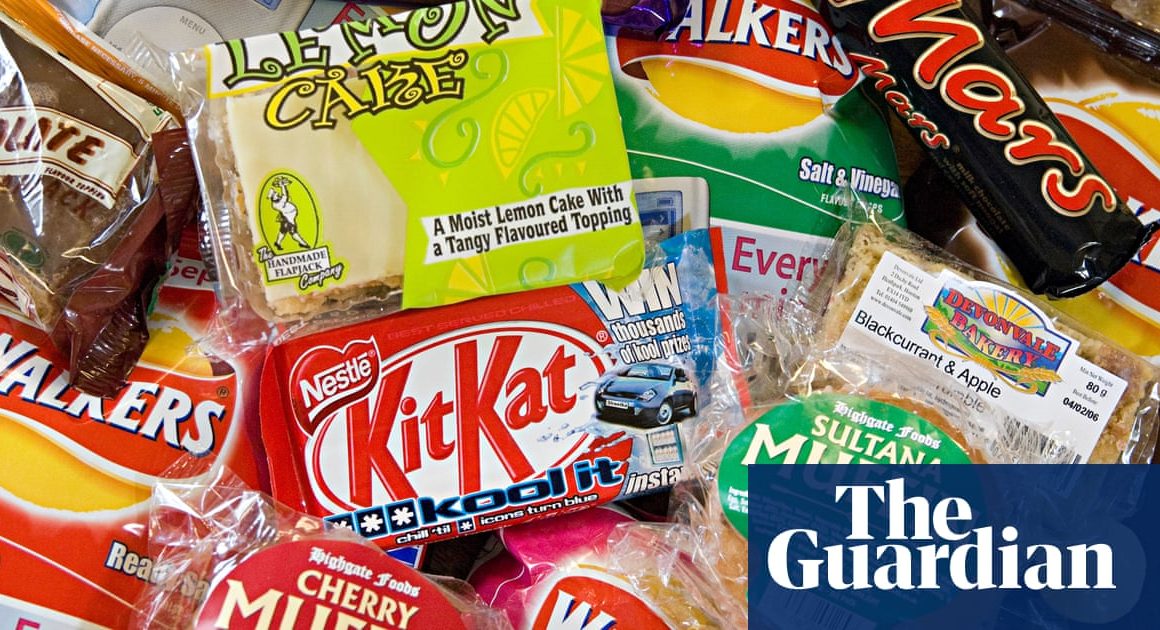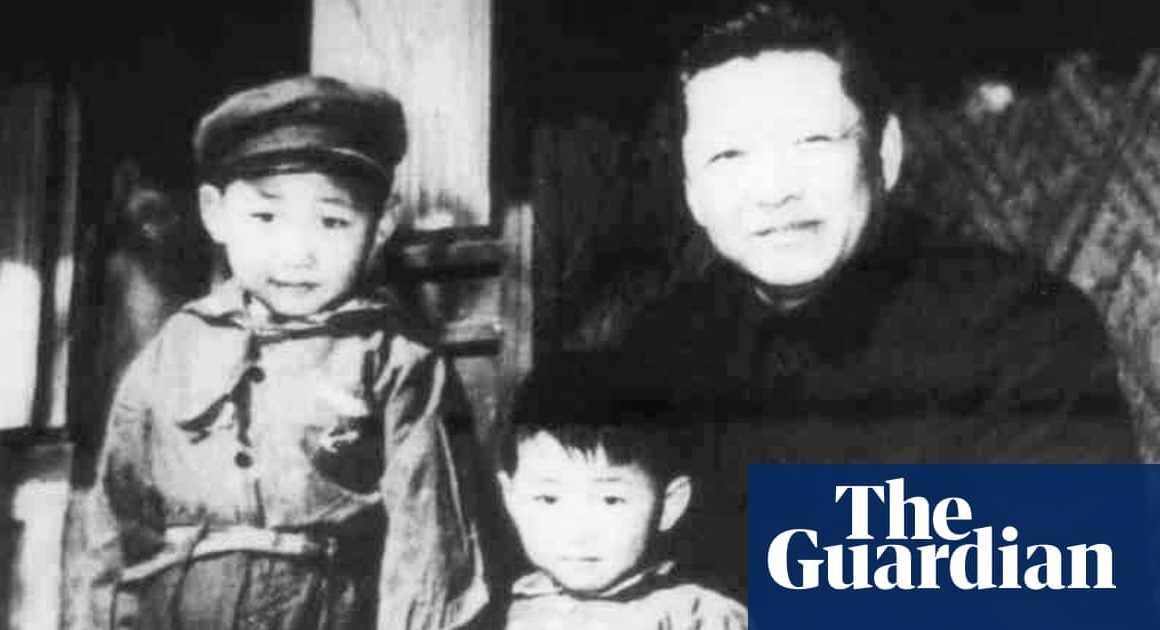The confines of Gaza’s Nasser hospital are unrecognisable from just a year ago, its regular patients now joined by a flood of war-wounded and the homeless sheltering in its courtyards and corridors. Even many of its doctors are new.
As fighting has shifted through the Gaza Strip during the past year of war, hospitals have been forced to close and doctors to move, seeking the next place to safely operate.
Nasser hospital in the southern city of Khan Younis is now one of the few left operating at any level.
Dr Mohammed Abu Mughaisib, deputy medical coordinator for Médecins Sans Frontières (MSF) in Palestine, is now leading a team working out of the hospital, having shuttled between different locations for the past year.
“The hospitals are not the hospitals that we used to know,” he says. “Hospitals have specific conditions; they’re organised, there’s only patients [there], but during this war hospitals are places where people are sheltering, bringing their tents, sleeping in the car park and even in the wards because they thought the hospitals are secure.”
In reality, even hospitals have often been far from safe, with more than 500 attacks on healthcare facilities in Gaza in the past 12 months of war, according to the UN, including bombing and raids of some of the biggest, such as Nasser and Gaza City’s al-Shifa hospital.
Mughaisib has been displaced from Gaza City and then central Gaza’s al-Nuseirat camp.
Nasser hospital, where he now works, was besieged and raided by Israeli troops in January and February. While most staff, patients and displaced people fled, those who stayed behind described torture at the hands of the Israeli forces, who claimed they had intelligence that Hamas had operated from the hospital.
It has been a struggle to keep working, he says. “The medical staff are part of the population: they evacuate from one place to another, they are displaced, they can be working in the surgical theatre or hospital and receive news that their family have been injured or killed by an airstrike.”
Fears for the safety of his own family weighed heavily on Mughaisib. One day in November, when he was on his way to work in Khan Younis, he received a call from his wife telling him that his children had narrowly escaped an airstrike.
They had been standing on the street outside the home they were sheltering in. Only moments after they came inside, an airstrike hit a house opposite, killing 20 people including women and children.
In February, he was able to evacuate his wife, three children and father to Cairo. “I had felt that something was blocking my chest. I was relieved because now I knew they were in a safe, secure place, far from this suffering, far from this fear and destruction, and that they were finally able to eat properly, sleep properly, drink properly. And then I continued working.”
After the focus of Israeli ground operations turned to Khan Younis, including Nasser hospital itself, Mughaisib and his teams shifted southwards to Rafah.
It was to the same city that hundreds of thousands of other Gazans also fled – where they were told by Israel they would be safe – turning the small community into a place that now hosted the majority of Gaza’s population.
They operated out of the Rafah Indonesian field hospital until, in May, that area was also made the target of Israeli military operations and people had to flee again, either back to Khan Younis or central Gaza, or another declared safe zone, the al-Mawasi camp on the coast.
MSF operates there too, but Mughaisib says that camp has also seen deadly strikes.
after newsletter promotion
“I needed to evacuate five times from one place to another in the south area due to the threat of a military operation in Rafah. I was alone with my only pet, my cat, moving from one place to another,” he says.
Gaza’s healthcare system is in tatters. According to the UN, only 17 hospitals are partially functioning while 19 are completely out of service. Most primary healthcare centres are also out of action, and less than half of patients in critical need of treatment are able to get out of Gaza.
As well as conflict-related injuries, Mughaisib and his colleagues must treat wider health issues. He says they are seeing a rise in infectious diseases such as gastroenteritis – spread through polluted water – skin infections and hepatitis A.
Aid agencies have repeatedly sounded the alarm about access to food and clean water. Last week, the World Health Organization said it was planning to begin a second phase of polio vaccinations after the first case of the disease in the country for 25 years was reported in August.
Though moments of joy are few, Mughaisib says he does feel some satisfaction when he and his colleagues are able to entertain the children and distract them from their pain.
“I always remember the children – children severely injured, children who had lost a limb, a child of two years [old] who had both legs amputated,” he says. “I’m a doctor and so I have to show my strength in front of them, to support them, but these are the patients I remember.”
For Mughaisib and the other doctors operating out of Nasser hospital, they are now trying to cling on and provide any service they can. The hospital runs off generators, but these sometimes fall silent when they run out of fuel, and its staff are constantly on edge, working until the moment comes when they might have to move again.
They have long hoped for a ceasefire, which they say is desperately needed, but, after repeated promises, no longer have much expectation.
“After a year now, the word ceasefire is a wish, a dream – it might come true or not, I don’t know. We thought the ceasefire would be in Ramadan, for Eid, but it did not happen; we thought it would be in the end of summer, it did not happen,” says Mughaisib. “Of course we wish there would be a ceasefire but we reached a moment that we don’t believe that it will happen.”












